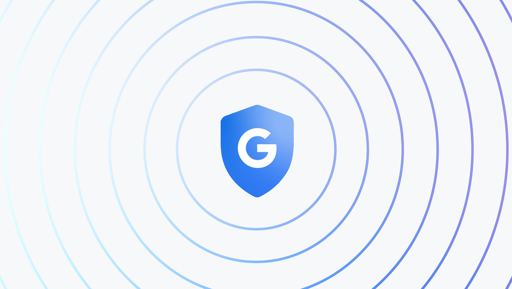It shouldnt be google and it should be the companies hosting the content in question. Why trust a third party especially if it’s google. They probably have AI scan that image regardless so they will definitely own it.
The thing about internet is that anybody can do the hosting and they do not have to operate with same ethical standards as we do.
They should be going after the perpetrators what the fuck. Yea lets solve people seeing it, not people being graped…
It shouldn’t be Google who control which images they return in Google search? It’s their product……
Problem is that this means the images have to be kept around in order to compare them. So, often these caches of child porn and other non-consensual images which often are poorly secured are targets of hacking and thus end up allowing the images to spread more rather than less. And the people sharing these things don’t usually use the services that do this kind of scanning. So in general, it has more negative than positive effect. Instead, education to prevent abuse and support for the abused would be a better use of the money spent ln these things. But more difficult to profit from that and it doesn’t support a surveillance state.
The whole point of using hashes here is to not store images.
The system that scours search results doesn’t store the images, but they are stored. Maybe or maybe not by Google, but someone is collecting them and keeping them in order to feed whatever “AI” or hashing algorithm comes next.
And it’s actually not the “whole point” in a technical sense. It’s mentioned because they want to make it sound less harmful. You’d never compare actual images directly. That would take a ton of storage space and time to compare a large set of files byte for byte. You always use hashes. If it was easier or cheaper to use the images directly, they would, just like the “AI” agents that do this in other systems need the actual images not hashes.
Completely wrong.
They don’t need to keep the images because they hash them. They store the hashes - that’s the point. CSAM detection works the same way.
If your hash matches the database hash (on 2 or more databases), then it will be flagged for manual review. They don’t need to know which image it matched, because they look at your image and go “yeh that’s an intimate image so it’s a match”.





